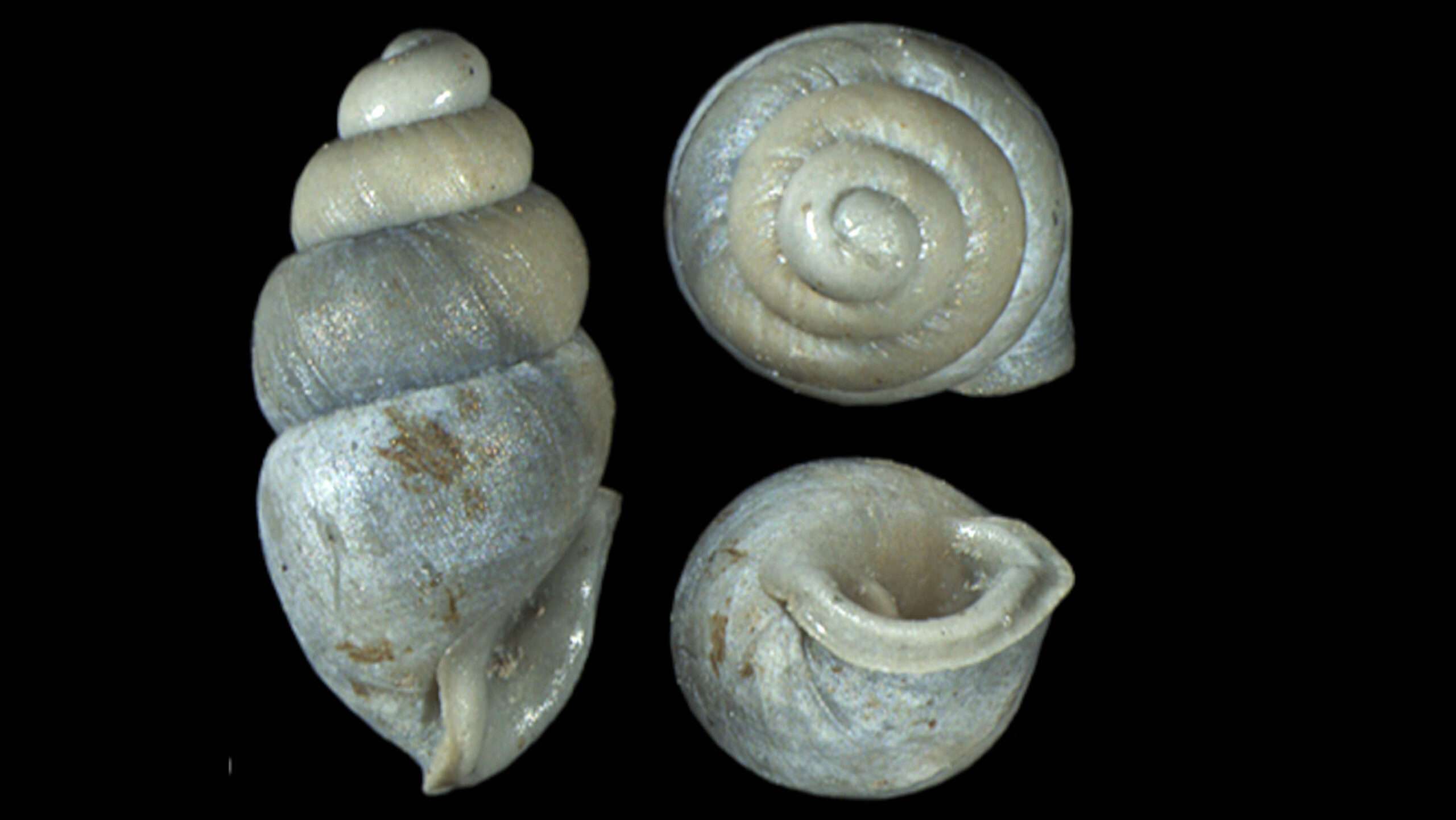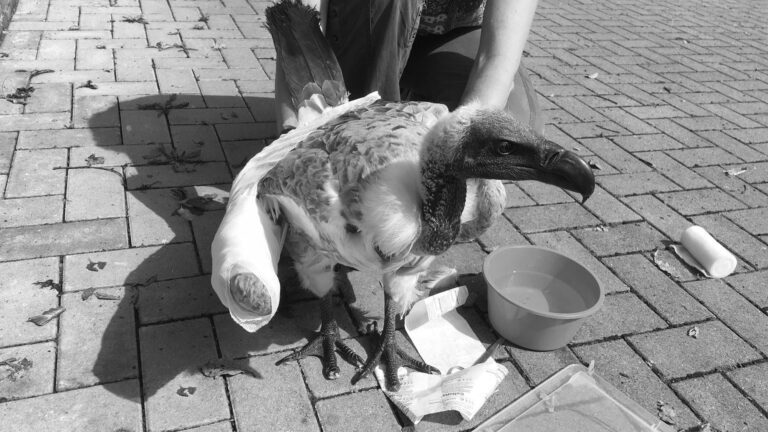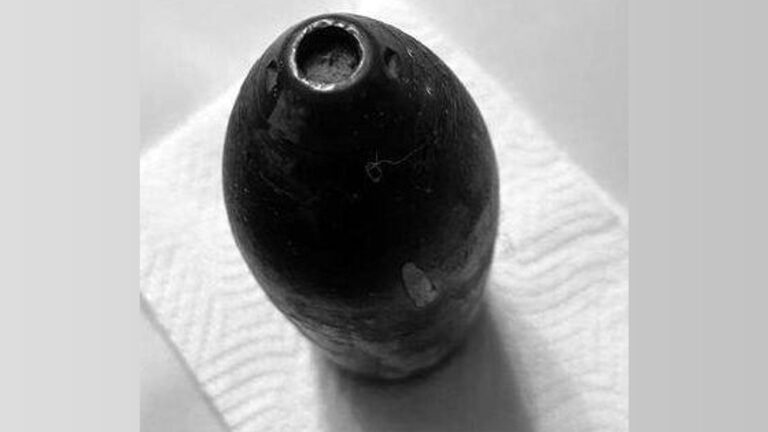A previously unknown fossilised snail species has been discovered by archaeologists working on a railway construction site in Florida, and they have named it Carychium floridanum in honour of the state where it was found.
Workers accidentally unearthed a rock layer filled with fossilised snails while carrying out routine excavation work for the building of the Brightline railway connecting Port Canaveral and Orlando International Airport, in Florida, USA.
Lead scientist on the project Dr Adrienne Jochum from the Senckenberg Research Institute and Natural History Museum in Frankfurt, Germany said it was the first time fossilised dwarf home snails have been found in the southern US.
The tiny snails of the genus Carychium, a maximum of 2.5 millimetres high (0.1 inches) and 1.5 millimetres wide (0.06 inches), are widespread on the American continent from Canada to Panama in protected, moist habitats.
But Dr Adrienne Jochum said: “Unlike the extant species, however, fossils of dwarf horn snails are rare east of the Mississippi.
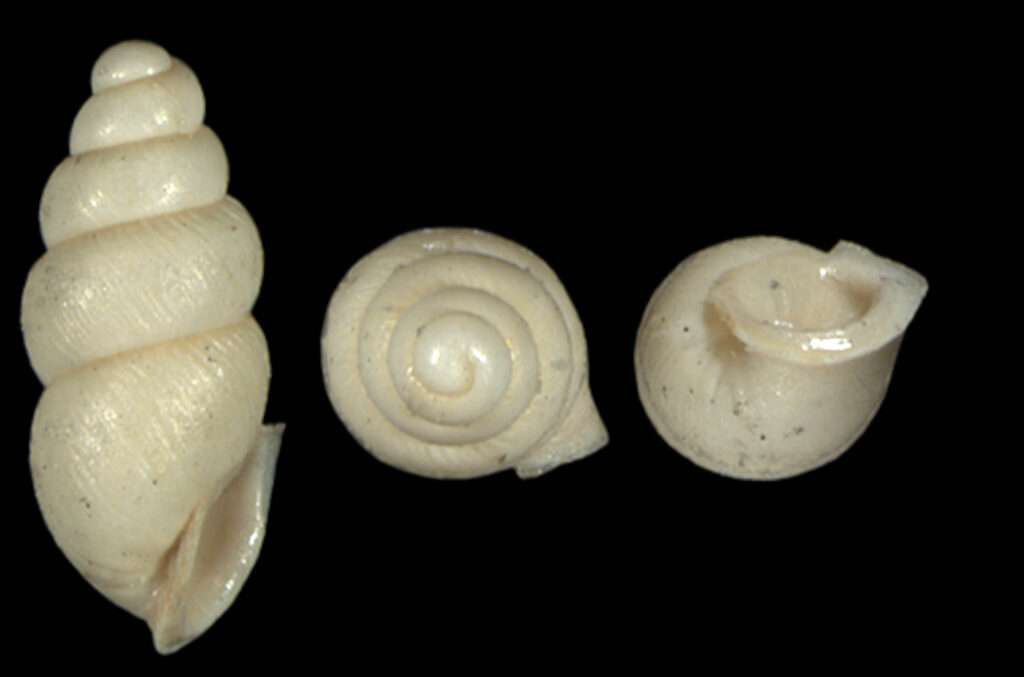
“In our most recent research work, we have now provided the first fossil evidence of the genus in the southeastern United States and the first fossil evidence of the species Carychium floridanum.”
The researchers were looking in the area as part of a routine check during construction work for a track bed for the Brightline railway.
Civil engineers happened to come across a one-metre (3.3 feet) thick layer of fossilized non-marine snails in between two marine mussel beds.
Dr Jochum added: “This ‘rock sandwich’ was formed during the Pleistocene.
“Characterised by repeated glaciations, climate changes, and fluctuations in water levels, this geological era greatly influenced and shaped the region around present-day Florida.
“The shell layer lies between rock layers from the Lower Pleistocene 2.58 to 0.77 million years ago and the Upper Pleistocene 140,000 to 120,000 years ago and contains 14 freshwater and 28 terrestrial gastropod species.”
Speaking about the newly discovered species measuring less than 1.6 millimetres (0.06 inches) and found in fossilised remains, they said that Carychium floridanum has distant relatives that continue to inhabit the damp and forested regions of Central and North Florida.
The team added that the importance of the fossil specimens lay in the invaluable insights they offered the evolutionary journey and migration patterns of land snails.
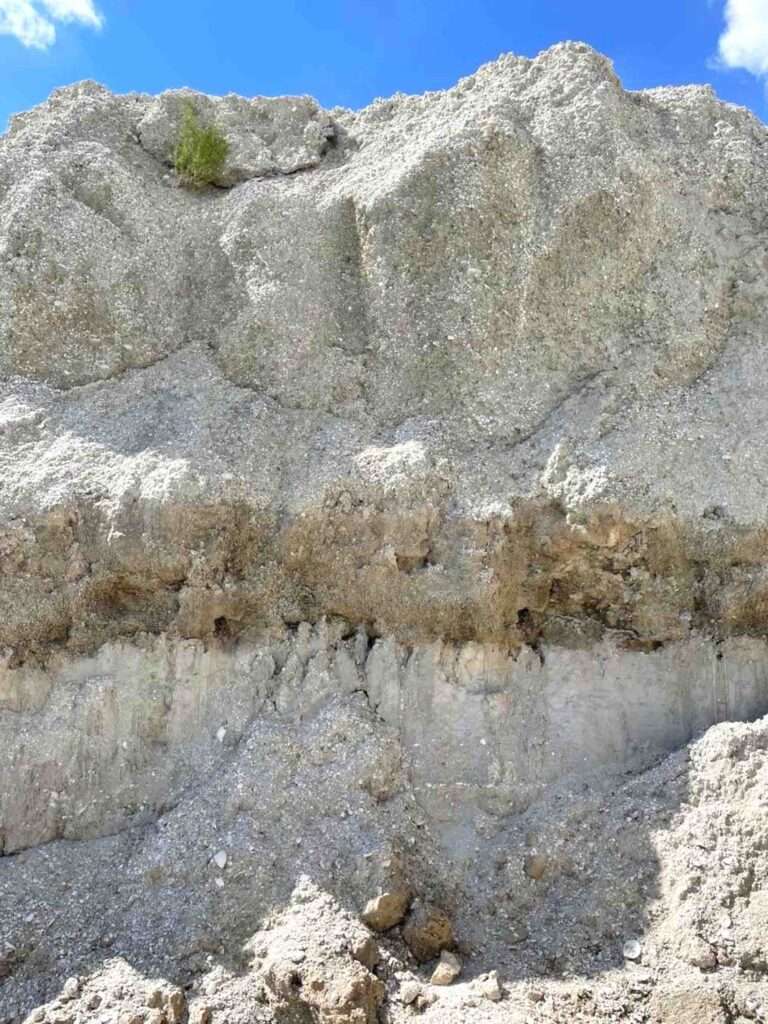
Because of the tiny size of the fossils, it requires extreme care using sieves of various sizes, with researchers successfully separating 32 Carychium shells from a mix of mollusc remnants and rock particles.
To delve deeper into the inner structures of these fragile shells, the team utilised high-resolution X-ray tomography.
Their analysis was further helped by comparing these fossils with 3D reconstructions of current-day thorn snail species from the southeastern USA, Mexico, Central America, and Jamaica.
Dr. Jochum added: “This discovery has led us to theorise about the possible methods of snail dispersal.
“Birds, mammals, and reptiles might have unknowingly transported these tiny snails in their digestive systems, fur, or feathers, eventually depositing them in the wetland habitats from which the sediment originated.
“Interactions and interbreeding with local snail populations could have led to the emergence of new species, contributing to the incredible biodiversity we witness today.”
To find out more about the author, editor or agency that supplied this story – please click below.
Story By: Michael Leidig, Sub-Editor: Marija Stojkoska, Agency: Newsflash
The Ananova page is created by and dedicated to professional, independent freelance journalists. It is a place for us to showcase our work. When our news is sold to our media partners, we will include the link here.

